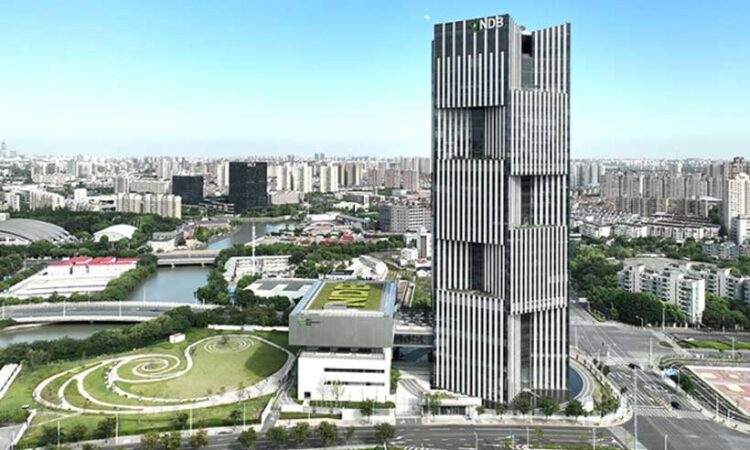
The decline of the old order led by North Americans and Europeans is an increasingly concrete fact. We are living in new times. There are countless examples: the loss of geopolitical, economic and ideological influence. Let us analyze the case of the New Development Bank (NBD), the “BRICS Bank,” to answer the following question: Can the NBD function as an alternative to Western financial centralization? More specifically: will the IMF and the World Bank maintain control and the imposition of neoliberal prescriptions in the supply of international credits?
We would like to draw your attention to a detail about most of the reviews on the NBD to date. Most mention almost exclusively the bank’s economic impacts on the world’s financial architecture, leaving aside the geopolitical aspects that the institution will provoke on the international scene. The economic and financial impacts are undoubtedly important. The geopolitical are even larger.
The 21st century brought a series of transformations to the international economy and relations. The People’s Republic of China has consolidated itself as a major world player because of its economic growth since the 1980s. At the end of the Cold War, the capitalist economy experienced a great expansion, and at the same time, the USA and Europe began to gradually decline in the current Systemic Cycle of Accumulation, commanded by Washington (Arrighi 1996). This context provides a “window of opportunity” for anti-systemic action by several countries such as China, Russia, India and Brazil (Pennaforte 2021). Each has political, economic and strategic objectives but has a multipolar and multilateral world as its horizon.
The creation of the NBD in 2015 constituted the first financial (institutional) initiative outside the Euro-Atlantic axis since 1945. Since the end of World War II, North Americans and Europeans have commanded the international financial system which, over time, imposed a series of economic measures for the supply of credit by the International Monetary Fund (IMF) to developing countries that sought industrialization. Such economic measures greatly impacted society by imposing spending cuts that always impacted social areas, promoted a backflow in investments, and provoked recession, mainly in Latin America.
The conception of the NBD took place in 2014 at the BRICS Summit in Fortaleza, with its entry into operation in Shanghai (China) in 2015, with an authorized capital of 100 billion dollars. For the first time in history, “emerging” or Global South countries began creating a financial body with possibilities to offer credit to the international community. With the help of the NBD, numerous countries interested in financing are able to advance their development projects under better conditions.
The NBD places the BRICS as a possible global player in the dispute for areas of influence in the international system. The NBD could become an important geopolitical and economic mechanism in the current moment of systemic transition to a scenario where the Washington-Brussels axis will lose its influence.
A new center for offering credit will bring new perspectives to countless countries that will no longer necessarily depend on the IMF or the World Bank to start or continue their development processes.





